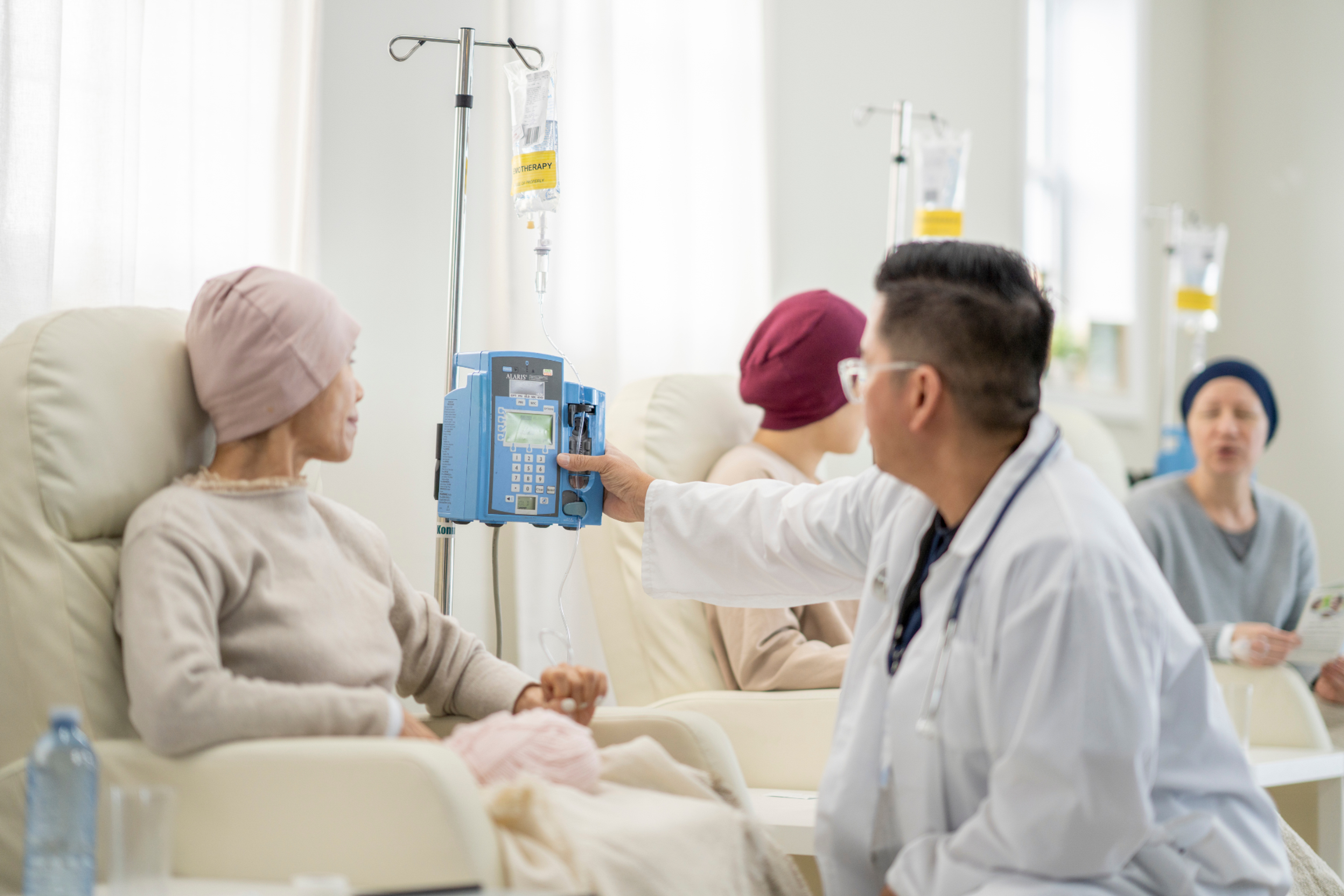The Top 5 Medical Schools in Virginia
An overview of Virginia’s best medical schools, including their programs, admission criteria, and clinical training opportunities.
Posted July 23, 2025

Table of Contents
Free Event

Featuring Shreyas H.
The Med School Money Game: How to Win Big on Scholarships
Starting Friday, September 26
5:00 PM UTC · 30 minutes

Featuring Shreyas H.
Virginia is home to several top-tier medical schools, offering diverse programs for aspiring physicians. From groundbreaking research opportunities to robust clinical training, these institutions provide an excellent foundation for a medical student to excel in medicine. Attending excellent medical schools in Virginia allows students to benefit from access to cutting-edge healthcare facilities and a wide range of specialties.
If you’re considering attending medical school in Virginia, this guide provides an overview of the top medical schools institutions explore.
Read: The Ultimate Guide to the Medical School Application
How to Choose a Medical School in Virginia
When selecting a medical school, consider the following factors:
Accreditation and Reputation
Choosing a school accredited by recognized bodies such as the Liaison Committee on Medical Education (LCME) or the Commission on Osteopathic College Accreditation (COCA) ensures high-quality education. Schools such as the University of Virginia School of Medicine and Virginia Commonwealth University School of Medicine are renowned for their academic excellence and contributions to medical research.
Program Offerings
Evaluate whether the school's curriculum aligns with your interests, whether in primary care, research, or specialized fields. Virginia medical schools offer both allopathic medical schools and osteopathic programs, allowing students to choose based on their career interests and preferred training methods. Programs emphasize foundational knowledge in basic science, alongside clinical and research training.
Clinical Opportunities
Consider the school's affiliations with hospitals, healthcare providers, and clinics, which provide essential clinical experience. Exposure to diverse patient populations and various medical conditions is crucial for comprehensive training.
Research and Community Impact
If you're interested in research or community health, look for schools with strong programs in these areas. Institutions like Eastern Virginia Medical School emphasize community-oriented primary care and offer impactful research opportunities.
Tuition and Financial Aid
In-state tuition at public medical schools can be a cost-effective choice for Virginia residents. Many schools also offer scholarships and financial aid to reduce the financial burden of medical education.
The Top 5 Medical Schools in Virginia
Each of these institutions is recognized for its academic excellence, clinical training, and contributions to the field of medicine.
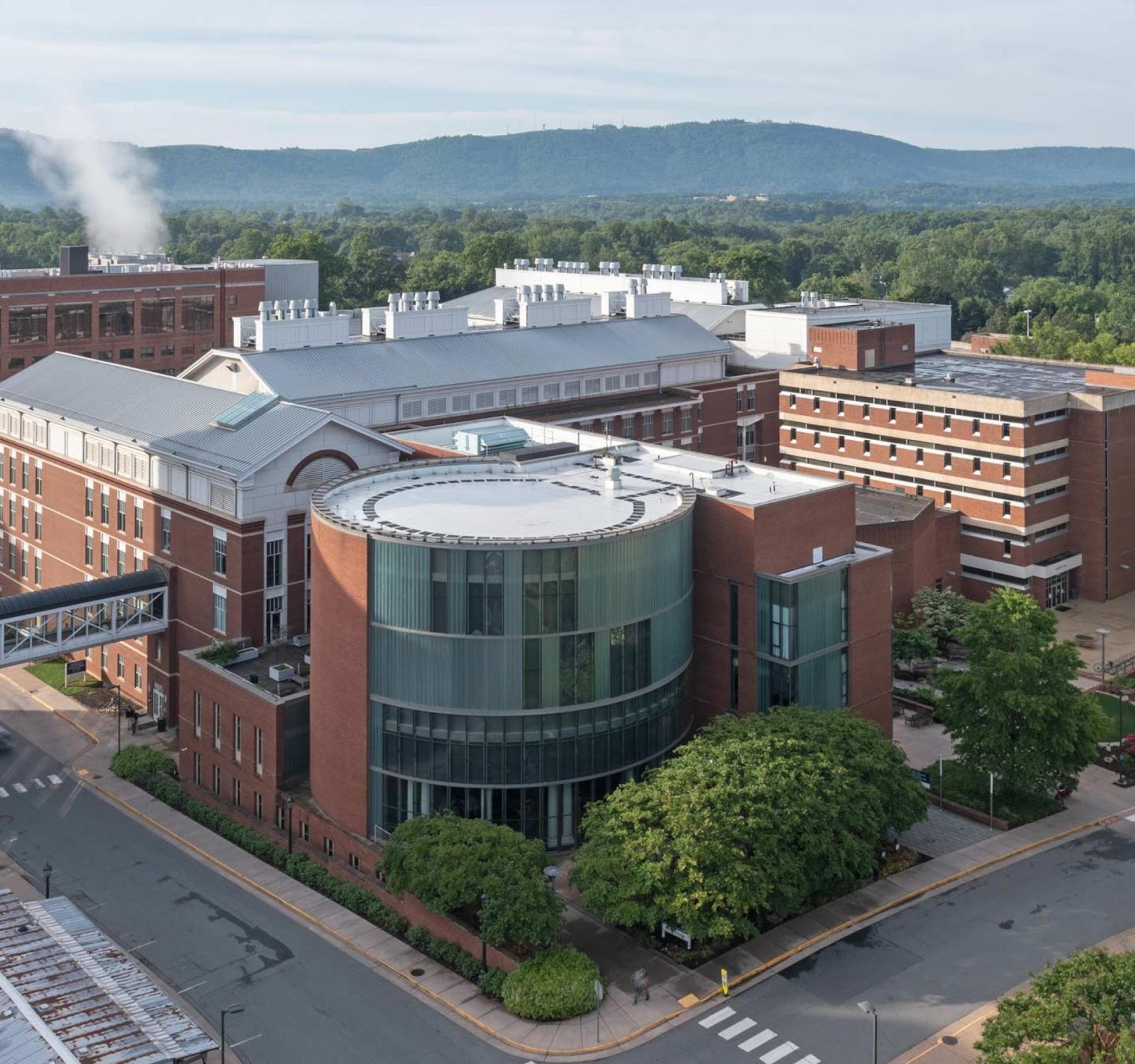
1. University of Virginia School of Medicine
- Location: Charlottesville, VA
- Acceptance Rate: Approximately 2.78%
- Average MCAT: 518
University of Virginia School of Medicine - Example Courses
- Foundations of Medicine
- Clinical Performance Development
- Systems and Diseases
Founded in 1825, the University of Virginia School of Medicine is the tenth-oldest medical school in the United States, boasting a rich history of excellence in education and research. With a competitive acceptance rate and high average MCAT scores, it attracts top-tier students. The curriculum integrates foundational clinical science with clinical practice, preparing students for various medical careers. Students participate in innovative research projects, providing hands-on experience to complement their clinical education.
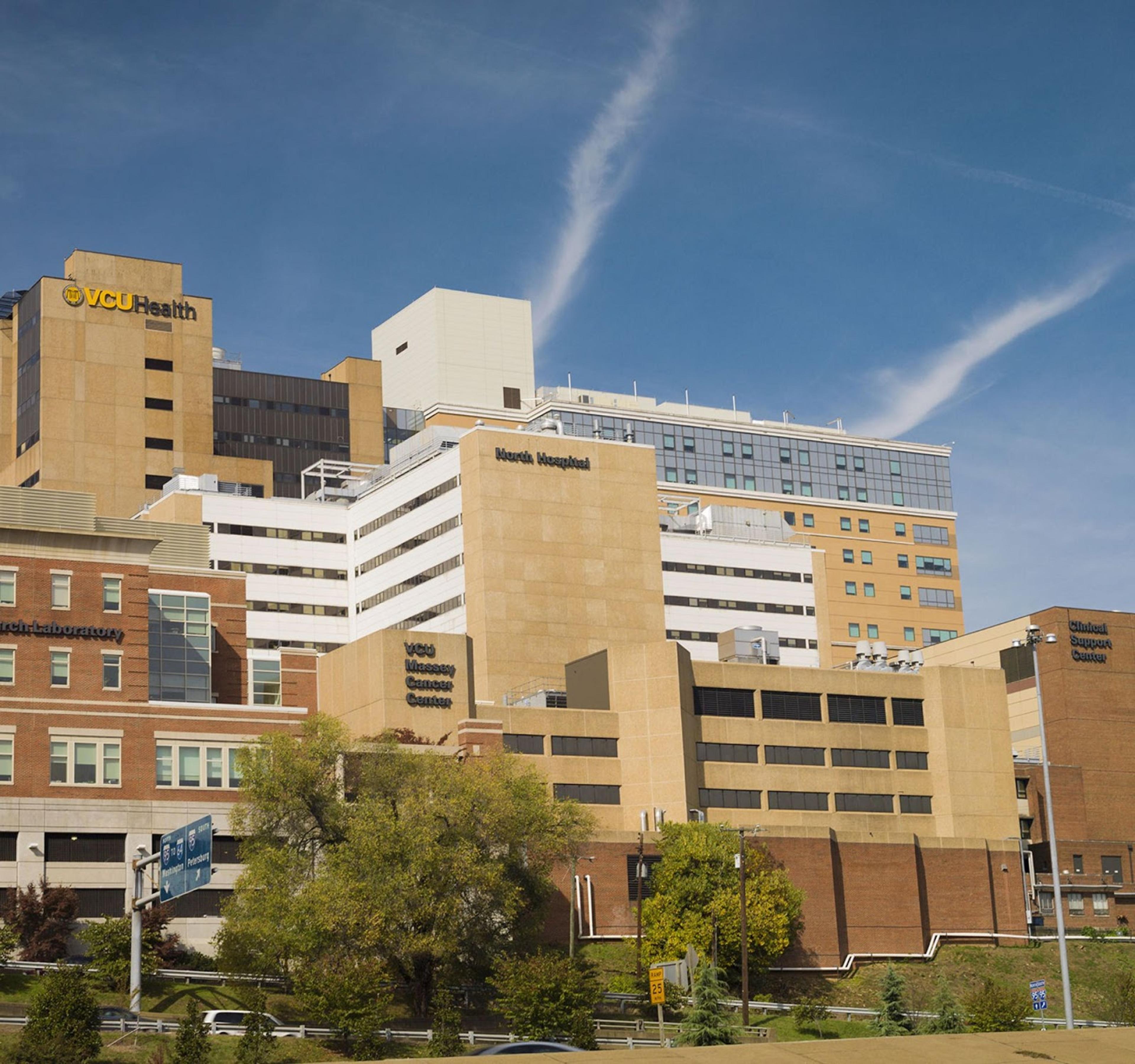
2. Virginia Commonwealth University School of Medicine
- Location: Richmond, VA
- Acceptance Rate: Approximately 2.61%
- Average MCAT: 512
Virginia Commonwealth University School of Medicine - Example Courses
- Principles of Medicine
- Population Health
- Advanced Clinical Skills
Virginia Commonwealth University School of Medicine offers a diverse learning environment with a strong emphasis on clinical skills and community health. VCU School emphasizes health systems science, equipping students with the knowledge to navigate and improve complex healthcare systems. Research opportunities abound, with a strong emphasis on public health and community engagement.
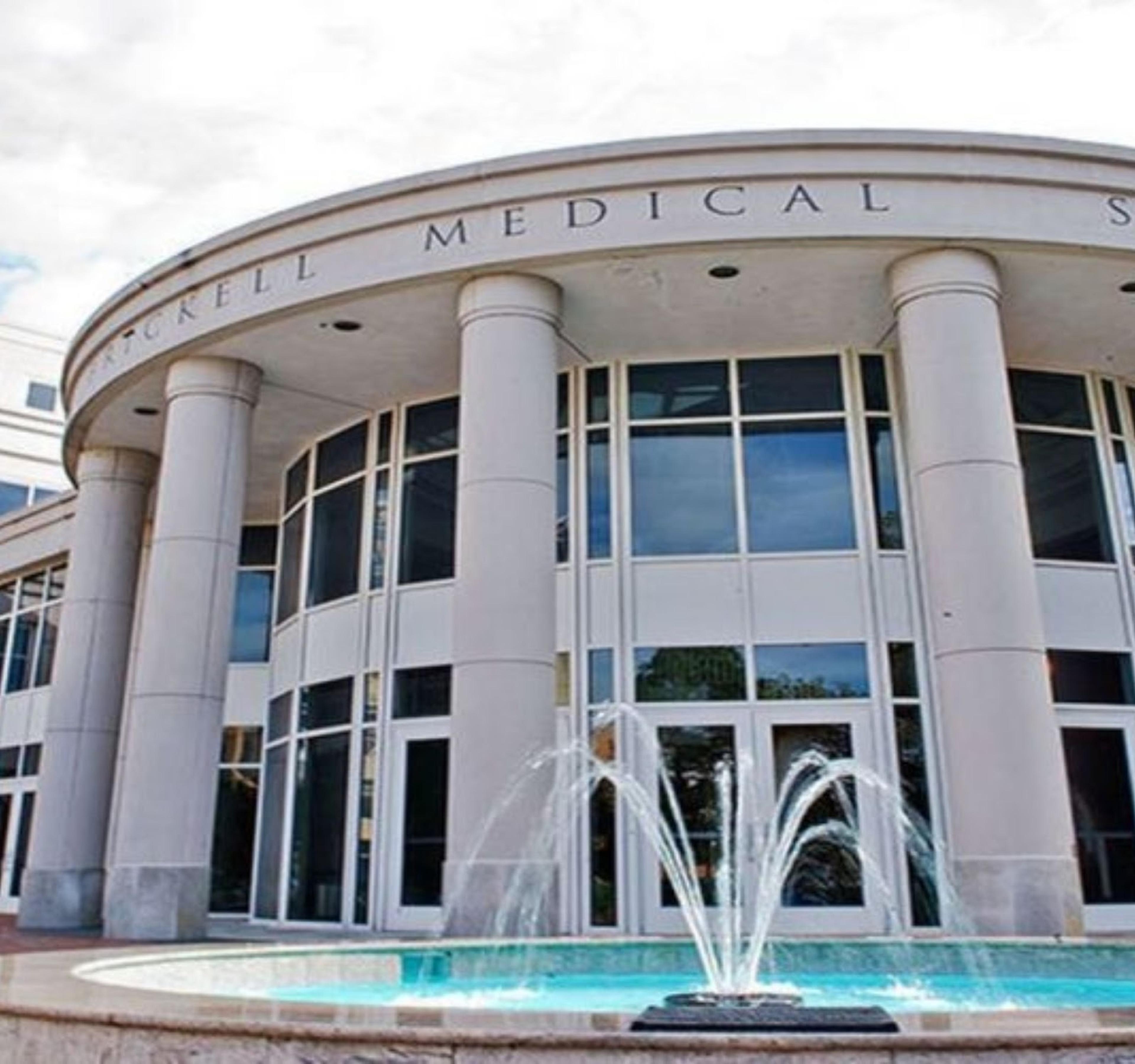
3. Eastern Virginia Medical School
- Location: Norfolk, VA
- Acceptance Rate: Approximately 5%
- Average MCAT: 511
Eastern Virginia Medical School - Example Courses
- Foundations of Medicine
- Community-Oriented Primary Care
- Clinical Epidemiology
Eastern Virginia Medical School is known for its focus on community health and primary care. The school emphasizes practical experience and serves diverse patient populations, preparing students for various medical careers. With a strong emphasis on community outreach programs, EVMS students gain real-world experience while addressing healthcare disparities.
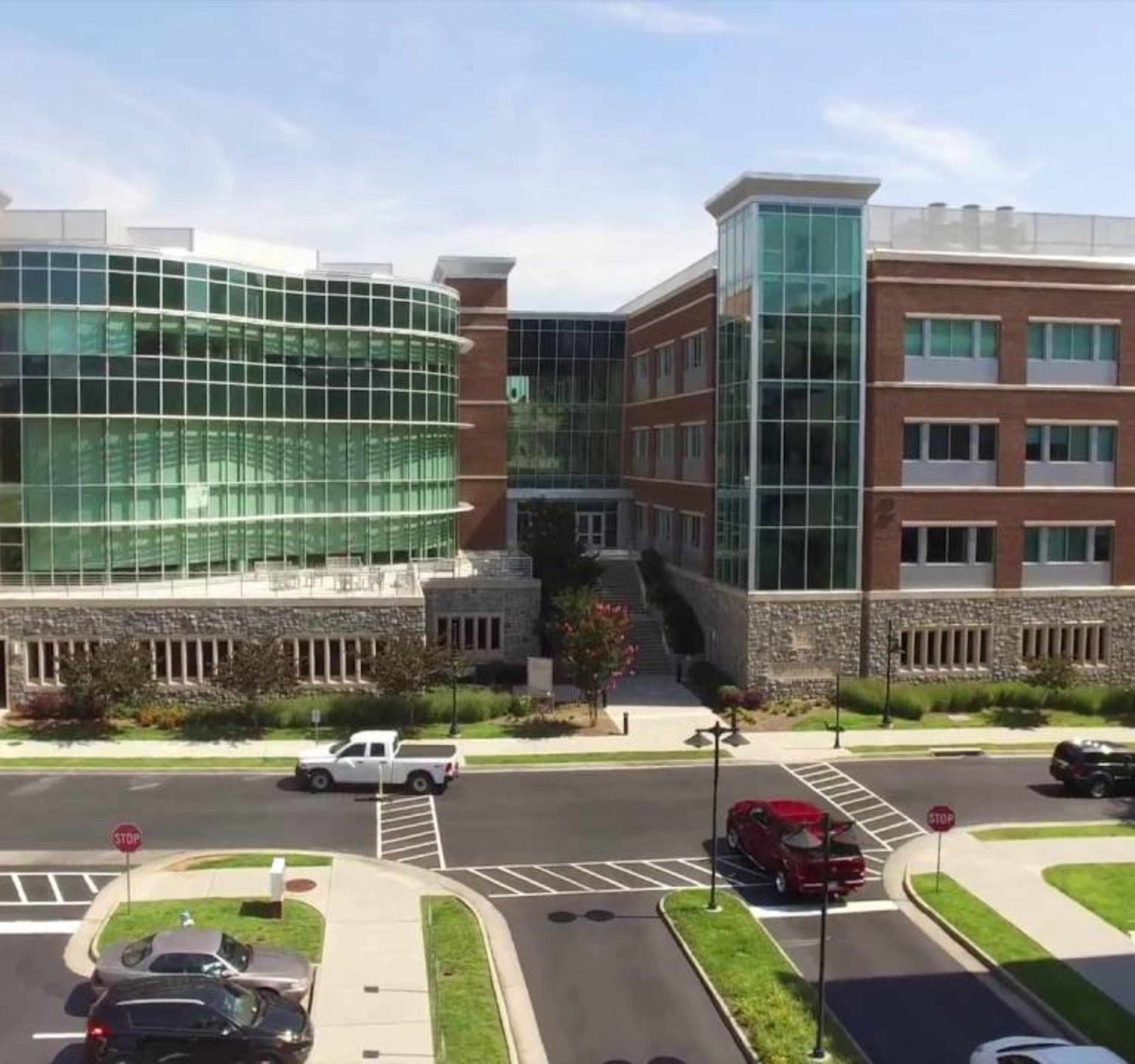
4. Virginia Tech Carilion School of Medicine
- Location: Roanoke, VA
- Acceptance Rate: Approximately 8%
- Average MCAT: 513
Virginia Tech Carilion School of Medicine - Example Courses
- Interprofessional Practice
- Problem-Based Learning
- Advanced Biomedical Sciences
Virginia Tech Carilion School of Medicine integrates research and clinical training, offering a curriculum that emphasizes problem-based learning and interprofessional education. Its partnership with Carilion Clinic provides students with extensive clinical exposure and research opportunities, fostering a strong emphasis on evidence-based medicine.
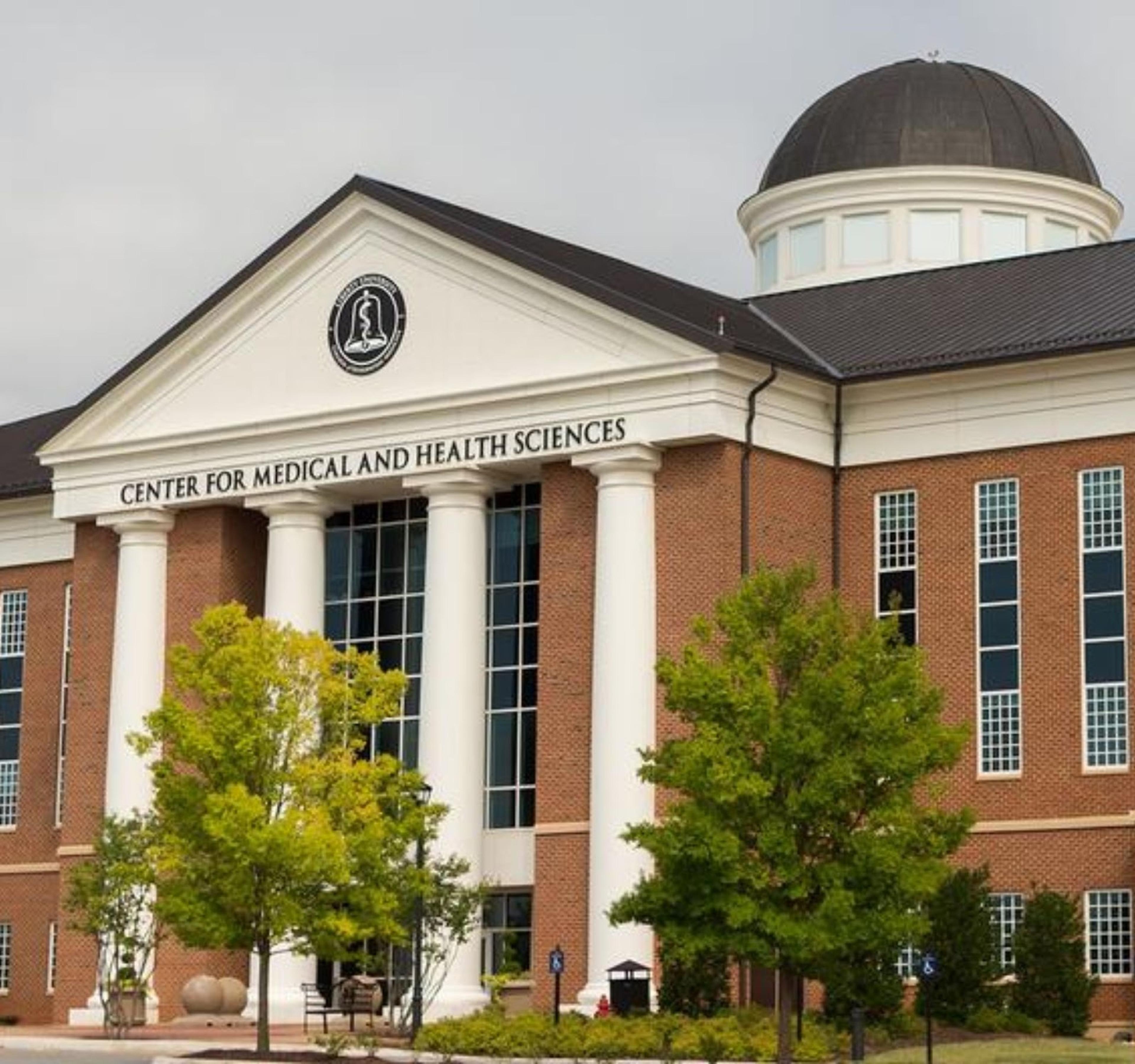
5. Liberty University College of Osteopathic Medicine
- Location: Lynchburg, VA
- Acceptance Rate: Approximately 12%
- Average MCAT: 505
Liberty University College of Osteopathic Medicine - Example Courses
- Osteopathic Principles and Practice
- Medical Ethics
- Preventive Medicine
Liberty University College of Osteopathic Medical School focuses on training physicians with a holistic approach to patient care. The curriculum emphasizes osteopathic principles, preventive medicine, and serving underserved communities. With strong community engagement and clinical rotations, the program prepares students for meaningful careers in healthcare.
Key Takeaways
- Virginia's medical schools offer diverse programs emphasizing research, primary care, and specialty training.
- The best medical schools in Virginia emphasize comprehensive medical education, clinical training, and research innovation.
- Prospective medical students should consider factors such as accreditation, tuition, and clinical opportunities when selecting a school.
Where Can I Start?
For personalized assistance, consider working with expert medical school admissions coaches. They can help you navigate the application process, prepare for interviews, create a compelling personal statement, and select the best program for your goals.
If you're ready to begin your journey toward medical school, here are some additional resources to guide you:
- The 20 Best Medical Schools in the US (T20): Acceptance Rates, MCAT Scores, & GPA
- An In-Depth Guide to the Dental School Application Timeline
- The Most Common Dental School Interview Questions–and How to Answer Them
- Writing a Winning Dental School Personal Statement
FAQs
What GPA do you need to get into VCU Medical School?
- Virginia Commonwealth University (VCU) School of Medicine has a minimum GPA requirement of 3.3, with an average GPA of 3.7 among admitted students.
Where is the easiest med school to get into?
- Among Virginia’s allopathic medical schools, Eastern Virginia Medical School (EVMS) is considered more accessible, with an acceptance rate of 6.6% and an average GPA of 3.67.
What college has the best medical program in Virginia?
- The University of Virginia (UVA) School of Medicine is highly regarded, with an average GPA of 3.85 and an average MCAT score of 517.
What GPA do you need for University of Virginia School of Medicine?
- UVA School of Medicine typically admits students with a GPA around 3.85, though there is no strict cutoff.
